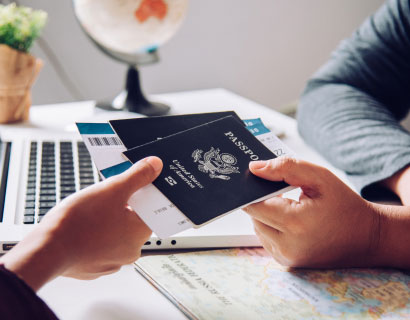Once you get your freelancer visa, you have certain conditions and requirements that you will need to comply with lest you endanger your legal status.
First on the list would probably be that of the restrictions to work. Your freelancer visa would probably state what is the extent of freelance activities you are allowed to do. It’s very important to know these limitations so you won’t fall into a situation that could endanger your status.
Requirements of residence in your visa:
Your residence requirement may stipulate that you should remain in a certain location or region or that you should inform the local authorities of your residence. You ought to meet such requirements to prevent legal complications since failure to comply with certain conditions and regulations attached to your visa could land you in prison.
Applying for an extension:
Of course, the renewal and extension process is also important. Many freelance visas are issued only for a certain number of years at the initial application. Know how to renew or extend your visa if you will spend more years in that country. This usually involves submitting an application before your current visa’s expiration and presenting updated supporting documents for your application.


Information about taxes:
Another requirement is knowledge of taxes and compliance with the law in the country you work as a freelancer. Every country has its regulations and requirements regarding the taxation of freelancers.
Legal and Tax Considerations
Some of these key aspects that freelancers working abroad should be aware of include avoiding non-compliance with local laws and regulations. For starters, there are always know-how tax regulations locally. Most countries require freelancers to pay income taxes on services rendered in those countries while they are living there.
Next is the social security contributions. Some countries have social security that you may have to pay or benefit from especially if you spend a good time there or working. Most other countries also have social security agreements with each other.
Finally, you need to go through registering your freelance business or get a local business license for you to be legal in some countries. Depending on the local regulations of those countries.
By dealing with these aspects; tax law, social security contributions, and business registration provide safeguards for your legal status, financial stability, and professional standing as a freelancer in a foreign country.










Leave A Comment